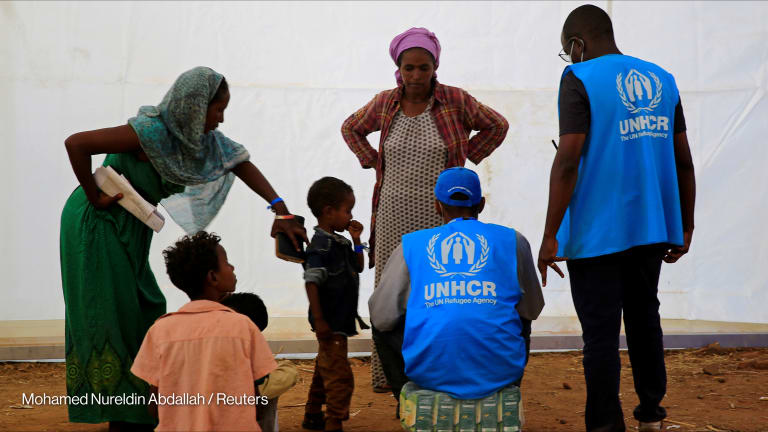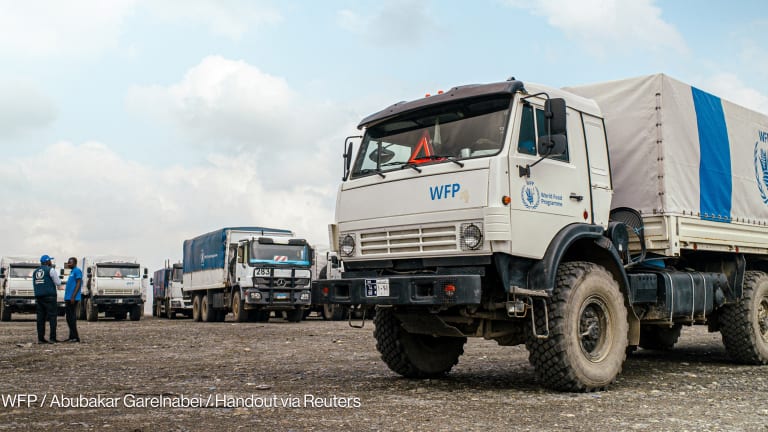The situation in Sudan is “grim” after deadly fighting between two rival armies sparked the collapse of the country’s health care system and unleashed violence against women, and it could also trigger a hunger crisis and regional refugee emergency, a top official from the U.S. Agency for International Development told U.S. senators on Wednesday.
Sarah Charles, who heads USAID’s Bureau of Humanitarian Assistance, told lawmakers that despite the difficulty of assessing needs on the ground, USAID has seen humanitarian needs skyrocket since the fighting began April 15.
“As people took shelter from bombardment and bullets, they depleted their food stocks, medicine supplies, money reserves, and other resources, leading to rising hunger levels and deteriorating health for many,” Charles said.








